There’s a myth about artists that I fell for once; that writers are not business people so they should rely on others who are. The corollary is that becoming world famous is all about talent, and you leave the promotion to experts.
These days, of course, self promotion is the buzz word, because of the Internet, because of social networking, because of eBooks. It’s the new wave.
Or is it?
“For artists, the great problem to solve is how to get oneself noticed.’ Who said that? Joe Konrath? Bob Mayer? Amanda Hocking? No, it was Balzac. Stendahl put it another way: “Great success is not possible without a certain degree of shamelessness, and even of out-and-out charlatanism.”
We all know about charlatans. How many authors game the review system on Amazon? But wait - this is not a new thing. Even Walt Whitman notoriously wrote his own anonymous reviews; “An American bard at last!” he raved in 1855. “Large, proud, affectionate, eating, drinking and breeding, his costume manly and free, his face sunburnt and bearded.”
Captain, my captain; thou art shameless.
But give Walt a break. Self promotion is what all authors did before the Big6. Back in the fifth century BC a debutGreek author named Herodotus organized his own book tour, sailing from Asia Minor to the Olympics in Athens so he could read his Histories to the well-heeled spectators. The 100 metres was always prime time - especially then, when they ran it naked.
Even the eBook revolution and Twitter has been done before. For example, in the 19th century, there was an explosion in the number of newspapers in Paris, and editors all over the city were being bribed for review space. Every wall in the city was wallpapered with posters advertising the latest bestseller. Why oh why do I dislike Paris? Because Spam was invented there.
In 1887, even Guy de Maupassant joined in, paying for a hot-air balloon to glide down the Seine with the name of his latest short story, “Le Horla,” painted on it.
Paris was also the setting for perhaps the greatest author publicity stunt of them all. In 1927 Georges Simenon - the author of the Inspector Maigret novels - agreed to write an entire novel while suspended in a glass cage outside the Moulin Rouge nightclub. Members of the public were invited to choose the novel’s characters, subject matter and title, while Simenon hammered out the pages on a typewriter. He had a seventy two hour deadline.
A newspaper advertisement promised: “A record novel: record speed, record endurance and, dare we add, record talent!”
Unfortunately, it never happened; the newspaper financing it went under. Simenon didn’t mind; he pocketed the advance and lived off the publicity forever.
It’s not only authors who have made a living from their own legend. Pablo Diego José Francisco de Paula Juan Nepomuceno María de los Remedios Cipriano de la Santísima Trinidad Ruiz y Picasso, better known to you and I as Pablo Picasso, was a master at self promotion. “It’s not what the artist does that counts, but what he is,’ he once said.
Like Lady Gaga and Madonna, he became famous for being famous. It’s said that once he was having lunch in a restaurant and drew some rough sketches on a napkin. The restaurant owner invited him to sign the napkin in lieu of payment. Picasso replied: “I wish only to pay for the meal - not for the entire restaurant.’
Once he was interrupted while sunbathing on the beach by a boy sent by his parents to ask for a signed sketch. He gave him one - on his bare back. ‘They’ll never let him bath again!’ he crowed.
Are either of these stories true? I don’t know. The point is they gained credence and that was what was important to Picasso. Stories like that made him world famous.
But the best example of self fabulism is Salvador Dali. Was he eccentric - or did he plan to be that way?
Anyone who has seen his exhibition will have noted how he copied absolutely everyone in the early days until he found his own ‘style’. Was his branding just as cooly planned? His behavior often drew more attention than his artwork; his long cape, walking stick, and upturned waxed mustache were recognized everywhere. He even traveled with a pet ocelot, Babou.
The writer who branded himself best was Ernest Hemingway. People who have never read Hemingway know what Hemingway wrote. He was the king of the photo op, posing on safaris, fishing trips and in war zones. He spruiked for Pan American and for Parker Pens; he even appeared in beer ads, for Ballantyne Ale.
“You have to work hard to deserve to drink it. But I would rather have a bottle of Ballantine Ale than any other drink after fighting a really big fish. We keep it iced in the bait box with chunks of ice packed around it. And you ought to taste it on a hot day when you have worked a big marlin fast because there were sharks after him.”
This is not to chide Hemingway. Papa Doc simply wanted more people to read his books, and we are the better for it. He was a promoter, not a hack: “I have turned down all sorts of propositions, deals, etc. and have kept the product pure. Whatever it is, it is as good as I can make it and I have not corrupted it by working for the coast nor doing things I thought were shitty and would hurt me as a writer no matter how much money they brought in.”
So hats off to Hemmo, and all the high profile artists mentioned here. They simply knew how to brand before anyone knew what branding was.
I’ll finish this now. I’m going to put on a monocle and hang upside down naked from the shingle of my local indie bookstore and write haiku in a plexiglass bubble for the next forty eight hours.
It’s my new brand. Wish me luck.



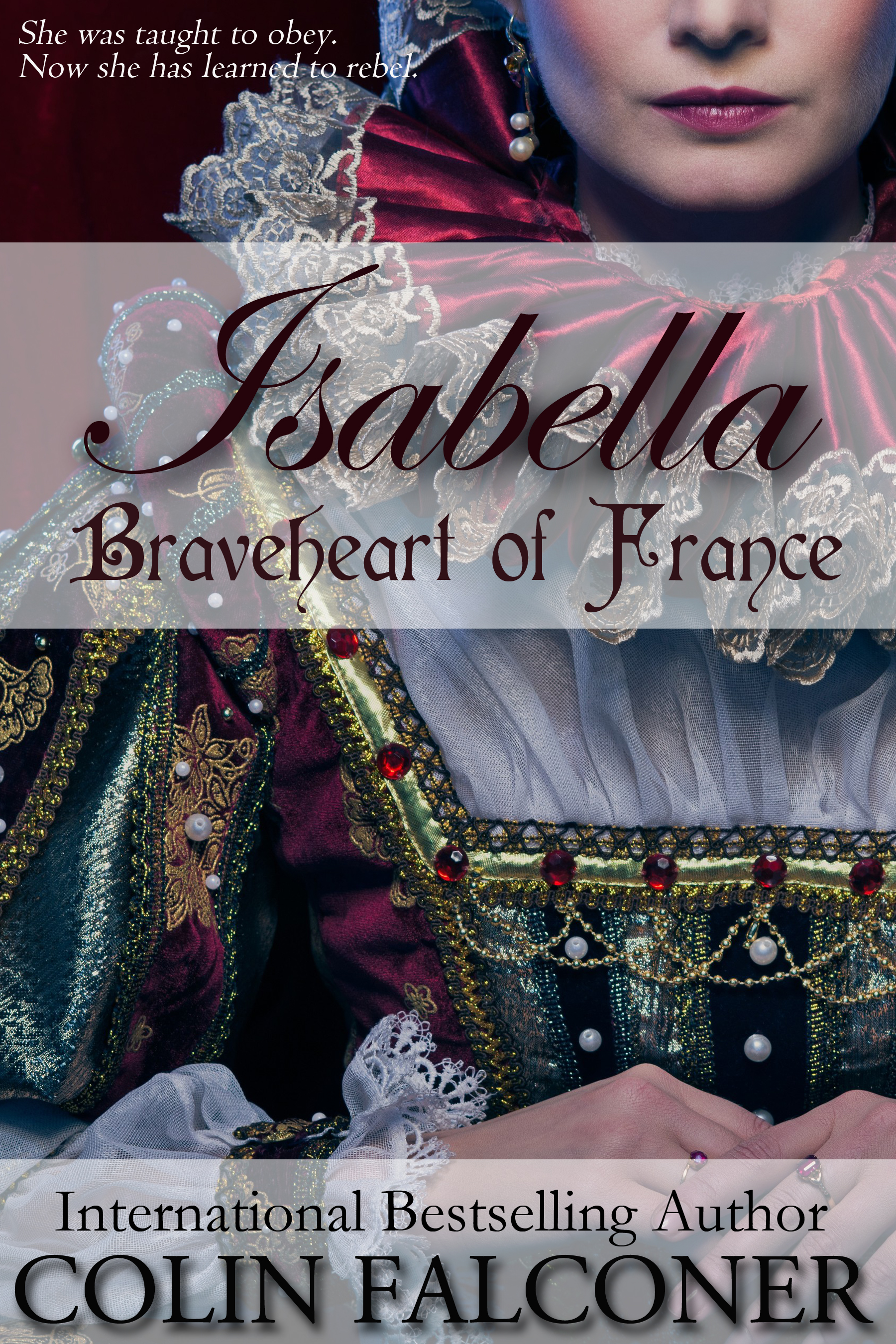


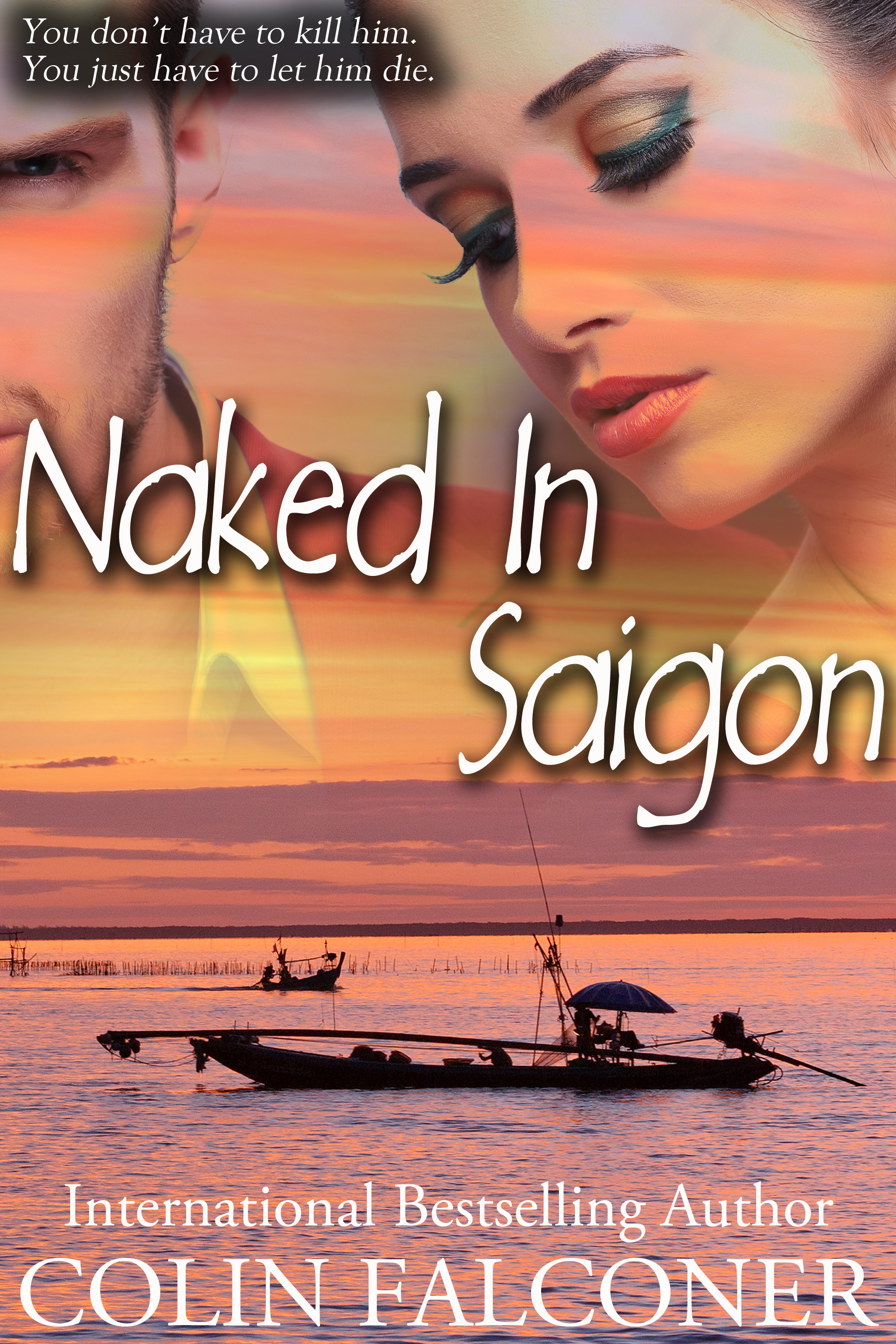
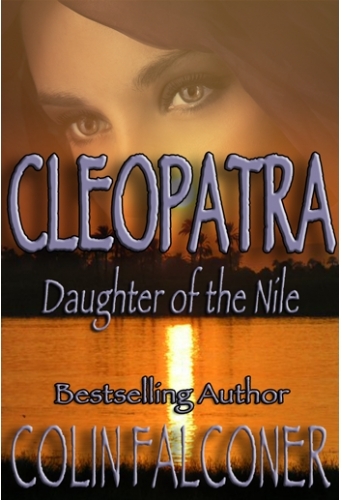





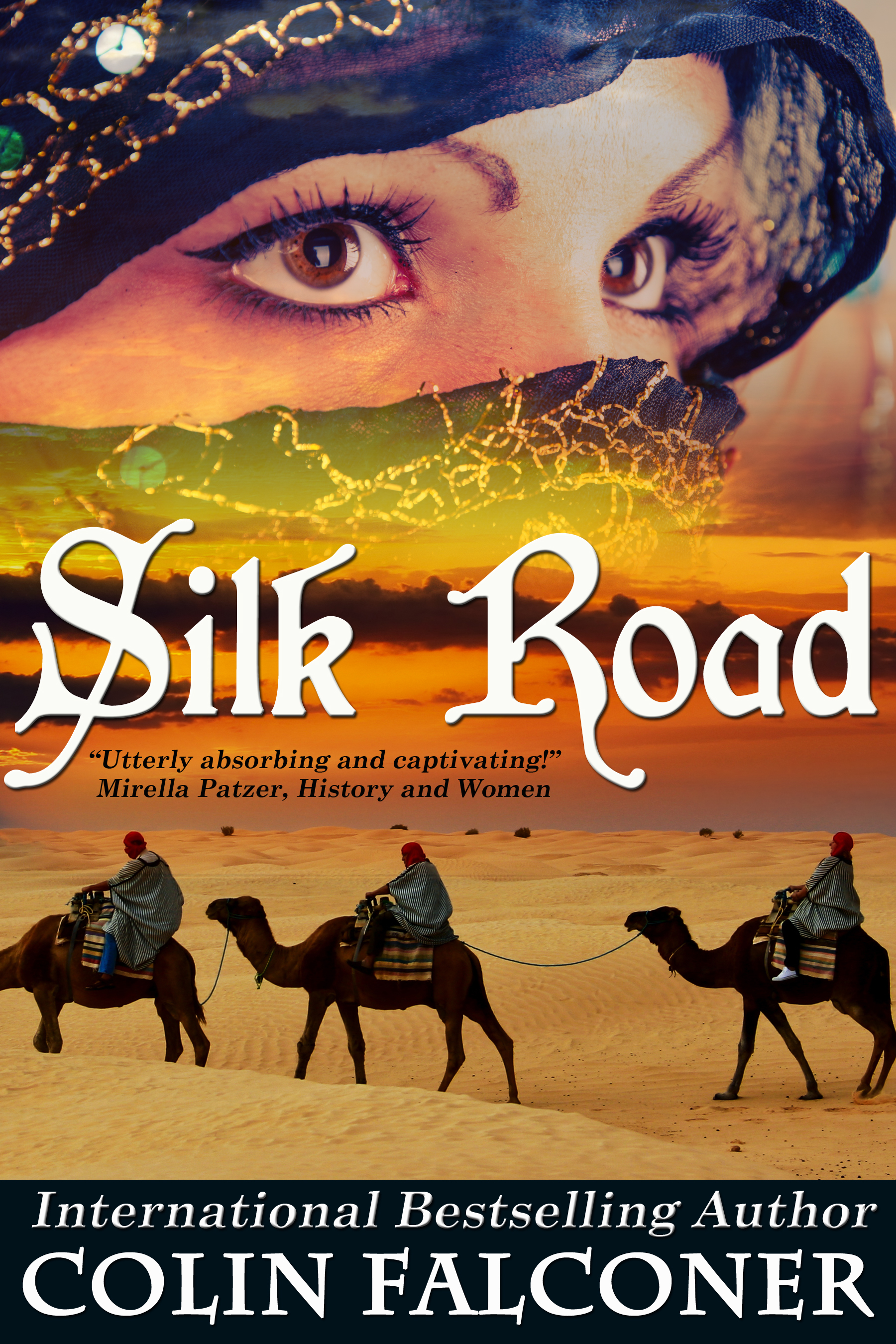






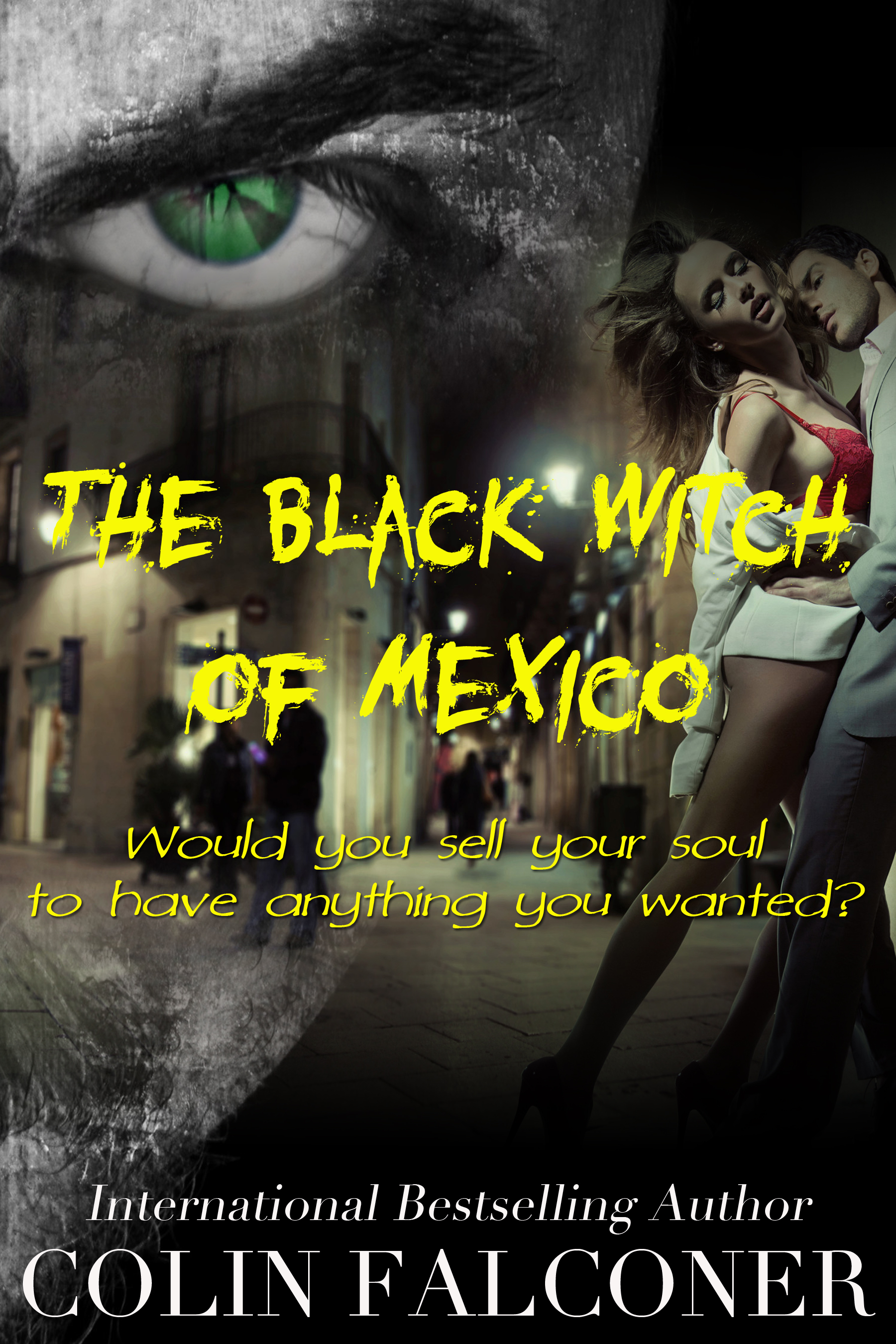


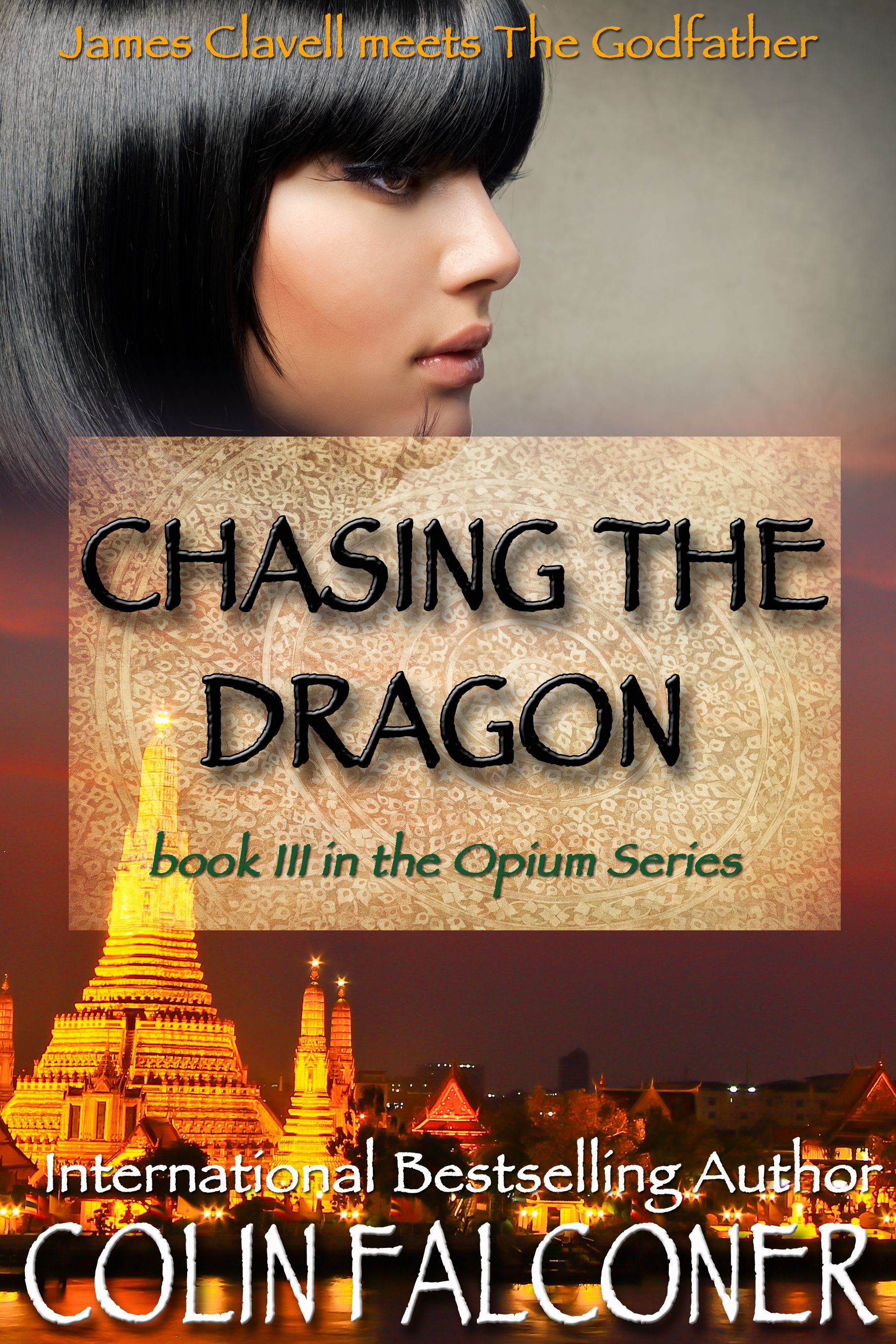
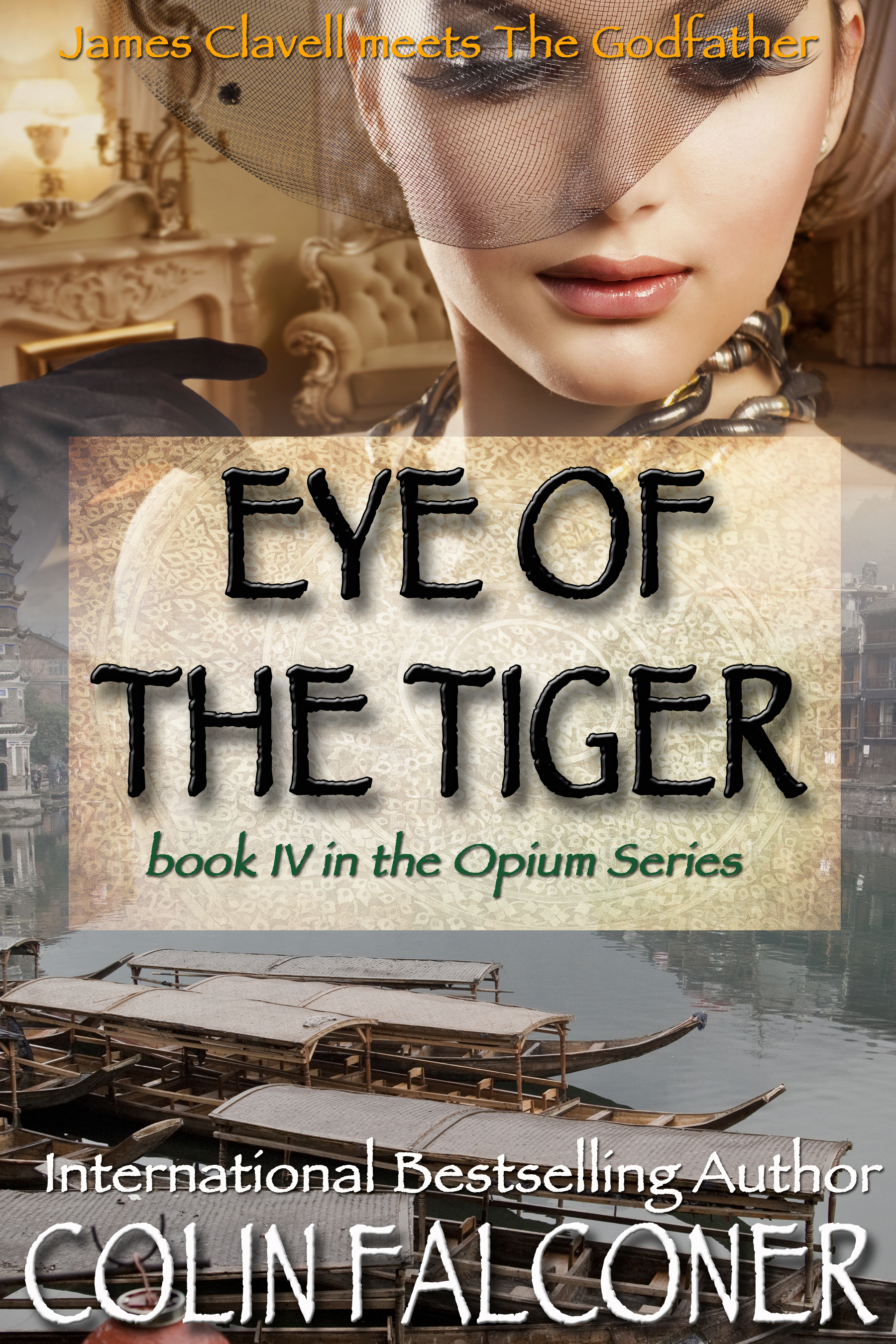





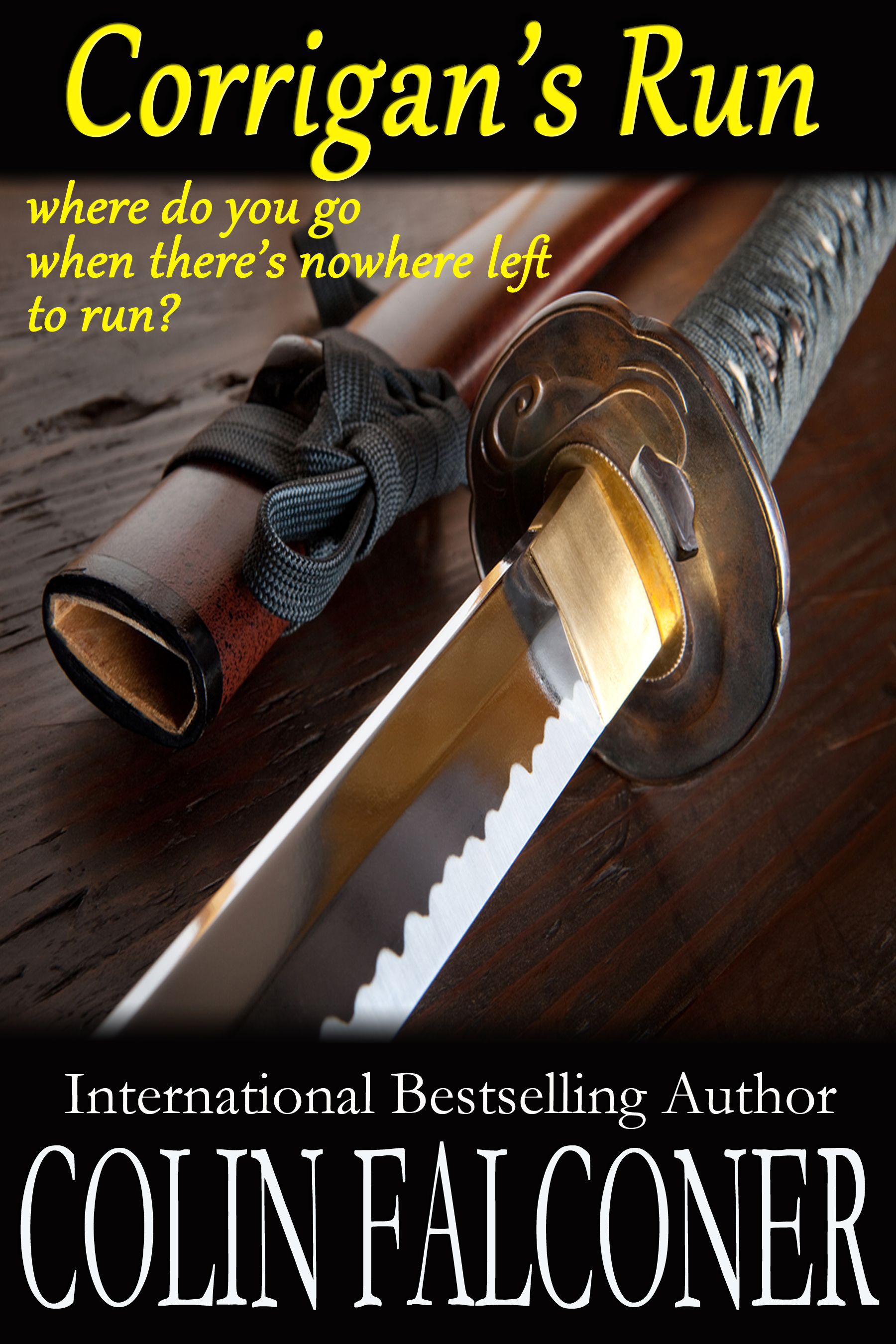
So the more things change the more they stay the same. History repeating itself? Sure, hell, even the eighties are back in style.
Awesome post as usual Colin. Thanks for all the hard work and research. I’m off to blow my own horn on Twitter,
Thanks Prudence! (sent from my plastic bubble outside Books R Us)
Charlatinism… gotta love that word.
Especially if you spell it right.
I don’t even know if it’s a real word so I’m not sure if I can check the spelling. I think when you’re Stendahl or Shakespeare you’re allowed to make your own!
Oh, you spelled it correctly. I was the one that muffed it. And… yep… when you’re good enough or famous enough you can just make words up.
Fantastic post, Colin. It is fascinating to see that authors and other artists have always been branding and promoting themselves. I suppose it shouldn’t be surprising — folks have to eat, after all, and how else will the general public learn about people’s work? This is a nice antidote to all of the hand-wringing over the “new” wave of self-promoting authors.
Well, as Prudence said earlier, the more things change the more they stay the same, and the deeper you dig into history, you find the same things happening over and over. For me history is not about invention but dressing up repetition in new clothes. We keep thinking we’ve re-invented the wheel but you can only do it once. When we think about Whitman writing his own reviews, it does tend to put things in perspective …
Hi Colin, I’m so sorry to have been away for so long…. been doing the writing thing… And wouldn’t you know it, my birthday is the same day as Salvador Dali…hmmm, if I could grow a mustache I would… I like the Ocelot too…. maybe I’ll just join you on the shingle. Great post, thank you so much. (oh, Hi Lena, Hi Pru.)
Good to have you back, Rachel! I don’t think the mustache would suit! Hope the writing went well!
ROFL!
‘I’ll finish this now. I’m going to put on a monocle and hang upside down naked from the shingle of my local indie bookstore and write haiku in a plexiglass bubble for the next forty eight hours.
It’s my new brand. Wish me luck.’
As an aside to this, I’ve actually stayed many times at ‘Hemingways’ the hotel named after the great man in the resort of Malindi on the Kenyan coast. Heaven on earth, truly. There are many photos in the bar of him marlin fishing and there’s a major competition every year where deep sea fishermen from all over the world compete. Dear Hemmo was a party animal extraordinaire with his love of booze and women and fags. And you’re so right, he was a brand.
Er, if you do put on a monocle and hang upside down naked, please tweet/facebook the picture and we’ll be more than happy to RT for you. Makes you wonder what old Hemmo would do with all this at his fingertips - or would he despise it?
Great post!
Love to go that hotel! It’s on my list. And I’ll see what I can do about the photo. What would he do with all this social media available? I think he’d eat it up. I suspect there would be a blog about his hunting and fishing trips and pics on Twitter of him posing with sharks and lions. It’s what he did - it would just make it easier for him. When you think about it, he was a genius. But I guess it helped being a reasonably decent writer as well ….
Where’s your twitter button? Can’t find it!
Should be just there under my picture, CC. (The one without the monocle!)
Aha! Found it! Why is it not blue? Just asking, no pressure or anything. It didn’t jump out at me.
uhm, did you take pictures? I think i’d pay to see them. LOL
I wonder what’s better—being a writer who’s famous for being famous, or one few people recognize, but whose work is celebrated. Hmm… Great post.
I once asked a writer friend if he wanted to be rich and famous. He said he’d settle for being reasonably well off and vaguely familiar!
I’m with CC and Louise…I want pictures please.
I also wouldn’t mind seeing naked footraces. Picasso, I’m glad I never got to meet him. Sounds like he was an egotistical butthead. Of course with a name like that, I can see where it might negatively affect someone. Good thing they didn’t have checks back then.
This is a great piece, Colin. I especially liked what Georges Simenon did (NOT the glass cage part), but involving fans in the creation of a story. I’m thinking I might use that someday…if I can ever catch up on my TBW (to be written) list.
Unfortunately none of the pictures came out. And I agree with you about Picasso. I thought Simenon was very game to even agree to a stunt like that but he did have a reputation for writing at superhuman speed and I guess he worked out a way to make it work for him. I still think naked and upside down, like me, is harder to do.
Well darn. It would have been interesting to see…and yes, it would have been harder to hang upside down and naked than to just sit in a glass cage. Just don’t grow a mustache like Salvador Dali to make it more interesting.
Reblogged this on A Garden of Delights and commented:
One of those “perfect” posts-humor, history and an invitation… So where do I fit? Hmm…Must think about that.
Interesting Colin. So writers have always been ultimately responsible for their own successes. I’m glad that we have so many choices with publishing today. How’s that hanging upside down naked at your local bookstore going? Selling more books? LOL!
I’m feeling a touch giddy, to be honest, Karen. Don’t know if I can see out the three days. The things we do for our art!
And they thought sock-puppets first evolved online! Silly fools.
Nothing new under the sun, hey Richard? (I even stole that quote from Ecclesiastes.)